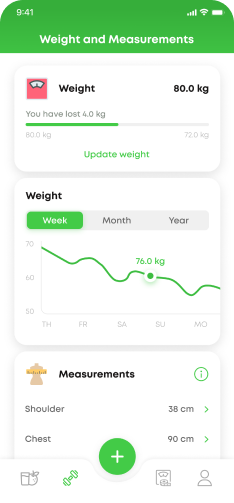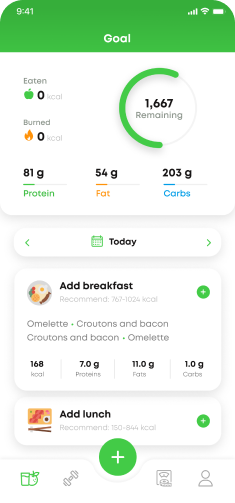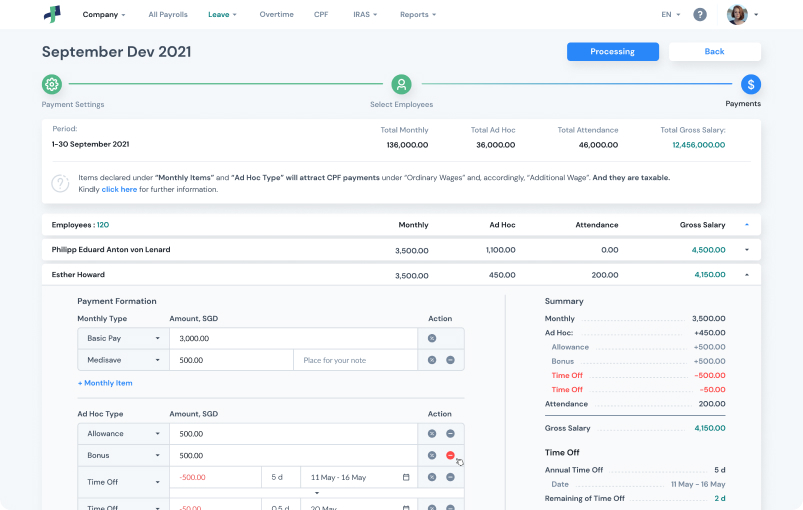How we can help
UI/UX Design
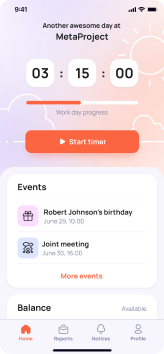

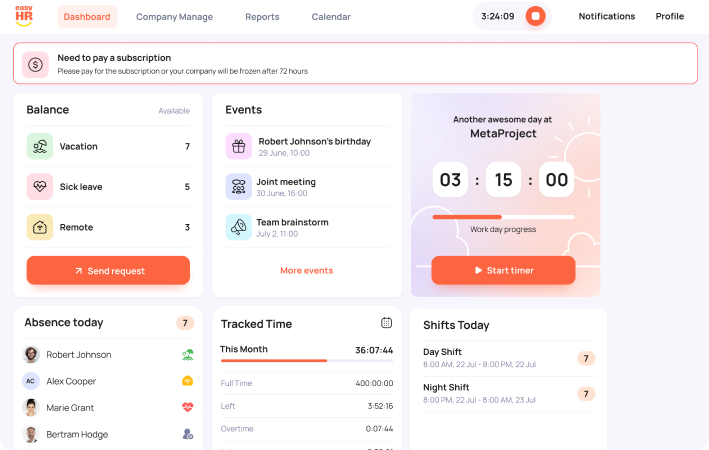
Support & Maintenance










How we can work on your custom mobile app?
F.A.Q.
- A basic, static, brochure-style website can cost anywhere from $1,000 to $5,000.
- A more advanced website with custom design and some interactive features, or a small e-commerce site can range from $5,000 to $15,000.
- Large-scale, complex websites, such as e-commerce platforms, social networks, or enterprise websites with multiple integrations, can easily cost from $15,000 to $100,000 or even more.
Remember, these are broad estimates. We always provide a detailed, project-specific quote after a comprehensive discussion with our clients about their needs and goals. Additionally, you should also consider costs for website maintenance, updates, hosting, and domain registration, which are usually ongoing expenses.
- Customization: The level of customization required can significantly impact the cost. A completely custom-built solution is typically more expensive than one that uses off-the-shelf components.
- Scale: The number of users who will be using the system, the volume of data it will manage, and the complexity of your business processes will also influence the cost.
- Features: The range and complexity of the features you want in the system, like sales force automation, customer service management, marketing automation, inventory management, finance management, etc. will determine the overall cost.
- Integration: Costs may increase if the system needs to be integrated with other existing software or platforms.
- Deployment: On-premise solutions can have a different cost structure compared to cloud-based solutions.
A simple CRM or ERP system can start from around $20,000 to $30,000, while more complex systems can cost anywhere between $100,000 to $500,000 or even more. It's important to remember that these are just rough estimates, and actual costs can vary based on the specifics of the project.
After deployment, there will also be ongoing costs for system maintenance, updates, training, and possible future enhancements. We always provide our clients with a detailed cost estimate after thoroughly understanding their requirements.
Website Maintenance: Generally, website maintenance can cost anywhere from $500 to $12,000 per year. This would include updates to content, SEO optimization, hosting, domain renewal, security updates, and other minor adjustments. If your site is larger, more complex, or e-commerce-based, the maintenance cost can be higher due to more frequent updates and monitoring required.
CRM/ERP Maintenance: The maintenance cost for a CRM or ERP system typically ranges from 10% to 20% of the initial implementation cost per year. So, for a system that cost $100,000 to implement, you might expect to spend $10,000 to $20,000 per year on maintenance. This would cover updates, user support, adding or modifying features, training, system optimization, and ensuring security and data integrity.
These are general estimates and actual costs can vary based on your specific requirements. Regular maintenance is crucial for ensuring that your website or system remains up to date, secure, and effective in meeting your business needs. We offer maintenance packages that can be tailored to your needs and budget.
Tailored to Your Needs: Custom development allows you to build software that is perfectly aligned with your business objectives and specific operational requirements. You get to decide what features and functionalities are essential to your operations, and these can be incorporated into your software.
Scalability: Custom software can grow with your business. As your needs evolve, additional features can be integrated, and the system can be scaled to handle more data or users without a drastic overhaul.
Integration: Custom software can be designed to integrate seamlessly with the other tools or systems your business is already using. This can significantly improve efficiency and productivity, by enabling different systems to work together.
Competitive Advantage: Custom software can give you a significant edge over your competitors. By automating processes, improving user experience, or offering unique features, you can set your business apart.
Security: Custom software can be built with robust security measures tailored to your specific needs. This can help to protect your business data and provide peace of mind.
Cost-Effective Over Time: While the upfront cost of custom software might be higher, it can prove to be cost-effective in the long run. You avoid recurring license fees, and since the software is tailored to your needs, it can improve efficiency and productivity, providing significant ROI.
Remember, the decision to go for custom development should be based on your business's unique needs, size, budget, and future growth plans. We can help you evaluate your needs and guide you in making the best decision for your business.
- Performance: Native apps generally perform better as they are built specifically for a single platform, leveraging the full potential of the device’s hardware and features.
- User Experience: Native apps can provide a superior user experience as they follow the specific UI/UX guidelines of each platform (iOS or Android).
- Development Time and Cost: Cross-platform apps can be developed faster and are often more cost-effective as one codebase can be used to deploy on multiple platforms.
- Features: If your app requires the use of specific hardware features of a device or advanced capabilities, native development might be the better choice.
- Maintenance: Maintaining a cross-platform app can be easier since changes have to be made only in one codebase, but platform-specific issues can sometimes pose challenges.
In the end, the decision should be based on your business needs, target audience, budget, and timeline. We can help you make an informed decision by discussing the pros and cons of each approach in relation to your specific project requirements.
